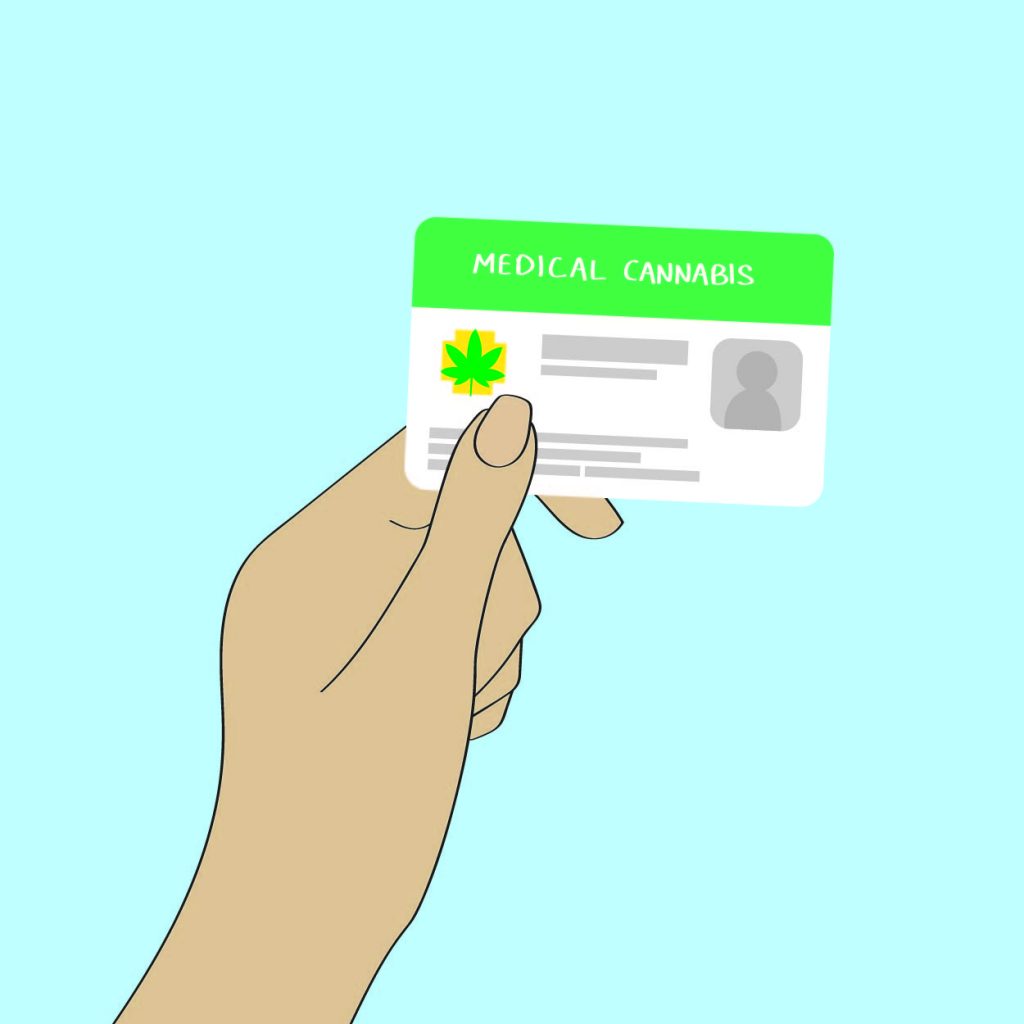New York State’s Office of Cannabis Management (OCM) recently announced the expansion of cannabis license applications.
From Oct. 4 to Dec. 4, OCM will receive applications for licenses to cultivate, process and distribute cannabis. These general licenses typically last two years and were originally given to those with prior marijuana-related offenses when the drug was legalized in 2021. The current addendum of licenses will allow for the continued growth of cannabis businesses in New York state. Legal cannabis, which is taxed at 4 percent, has opened a new line of tax revenue that can go back into local economies. With the increases in cannabis licenses, cities like Binghamton will gain revenue that will go back to developing the community.
Jared Kraham, the Mayor of Binghamton, expressed pride that the city leading the legal cannabis industry in New York state.
“The legal cannabis market is a new frontier in economic development and community revitalization for upstate New York, and the City of Binghamton is proudly on the forefront,” Kraham wrote in an email. “We’re excited to see the state’s plans for expanded cannabis licensing becoming reality. It brings the potential for more jobs and new investments in Binghamton and the surrounding area, as well as increased sales tax revenue.
Damien Cornwell, the owner of Just Breathe — which opened this past February — was the first to open a dispensary outside of New York City. Before entering the store, customers must scan their ID to ensure they are over 21. They are met with a selection of laboratory-tested and manufactured recreational cannabis for purchase. Cornwell extolled the community benefits of legal marijuana.
“With new stores opening, it could be hard to keep the same margins and sales, but having more legal stores means a loss for the illegal store,” Cornwell said. “We are taxed at almost a 60 percent rate, and all that money goes back to the community. People may ask ‘why are we paying $5 more, $15 more here?’ but no one talks about the fact that the extra money goes back to the state and back to our community to help other people.”
Many Binghamton residents were initially against the opening of a dispensary because of the reputation left by illegal stores, Cornwell said. Marijuana has been federally illegal since 1937. Cornwell responded to the backlash by addressing who his main customers were.
“A lot of people who come here are older, post-retirement,” Cornwell said. “We have people with bad knees, who have insomnia, even a housewife who hasn’t slept in 10 years because of her husband’s snoring, but now she can fall asleep. We suffer from the same reputation as illegal stores, a lot of people leave us bad reviews on purpose or comment false accusations on our Instagram. But just walk in, and you can see everything isn’t true. We want to help the community.”
Jason Capo, a senior majoring in geological sciences, expanded on the benefits of having legal dispensaries over illegal counterparts.
“Legal dispensaries are paving the way to not only decriminalize the usage of cannabis, but also take away the stigma away from cannabis,” Capo said. “Too many people are shunned for using it, but people will understand it’s not the harmful scary gateway drug everyone makes it to be.”



